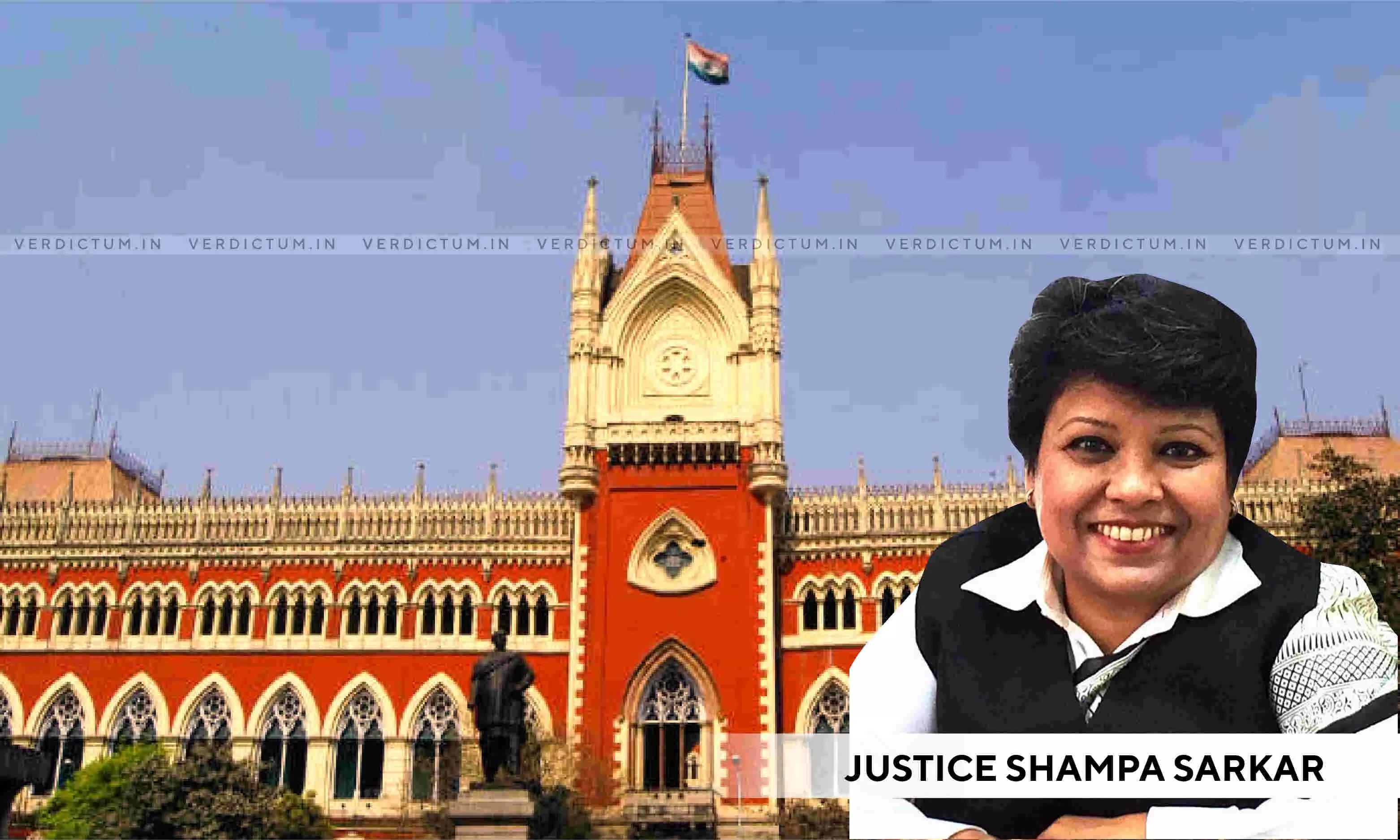
Calcutta High Court: Successor After Merger Has Right To Invoke Arbitration Clause Even Though Non-Signatory To Contract
 |
|The Calcutta High Court has held that successor to a merger transaction can invoke Arbitration Clause despite being a non-signatory to the contract.
The Court was considering an Application for appointment of an Arbitrator on the strength of the arbitration clause in the Agreement for business loan.
The Bench of Justice Shampa Sarkar observed, "....Merger is a transaction that combines companies or assets. All assets and liabilities of the merging companies are transferred to the surviving entity, meaning that, the new combined company assumes all the rights and legal obligations of both the original companies. Further adjudication is left to the learned Arbitrator.......under such circumstances, this Court refers the matter to arbitration."
The Petitioner was represented by Advocate Amritam Mandal.
Facts of the Case
The Petitioner was a non-banking finance company and in terms of the order of the National Company Law Tribunal, Mumbai, Tata Capital Financial Services Limited and Tata Cleantech Capital Limited merged with Tata Capital Limited. Thus, all properties, assets, rights, benefits, interest, duties, obligations, liabilities, contracts, agreements securities etc. of those two companies were transferred to the Petitioner. Tata Capital Finance Services Limited sanctioned a loan in favour of the respondent and the business loan agreement was transferred by way of order of the National Company Law Tribunal, Mumbai.
The Respondent defaulted in payment of the loan. In the recital of the agreement for business loan, the expression “lender” included its heirs, successors and assigns. Despite the issuance of the loan recall notice, no payment was made. Since the Dispute Resolution Clause provided that the dispute would be resolved by an arbitration, a notice was issued commencing Arbitration.
Reasoning By Court
The Court observed that upon merger of the companies, the Petitioner has been vested with all rights, liabilities, assets, etc. of the erstwhile lender.
"Thus, the application in my, prima facie view, is maintainable at the instance of the petitioner. Even if, the petitioner is a non-signatory, but in view of the merger, the petitioner can invoke arbitration as the successor of the erstwhile lender," the Court observed.
The Court went on to cite the Supreme Court's decisions in Ajay Madhusudan Patel v. Jyotrindra S. Patel, Chloro Controls India (P) Ltd. v. Severn Trent Water Purification Inc. and Cox & Kings Ltd. v. SAP (India) (P) Ltd.
"Merger is a transaction that combines companies or assets. All assets and liabilities of the merging companies are transferred to the surviving entity, meaning that, the new combined company assumes all the rights and legal obligations of both the original companies. Further adjudication is left to the learned Arbitrator," the Court observed.
The Petition was accordingly disposed of.
Cause Title: Tata Capital Limited vs. Krishna Kant Tiwari
Appearances
Petitioner- Advocate Amritam Mandal, Advocate Jit Roy, Advocate Aharnish Ghosh, Advocate
Click here to read/ download Order
.